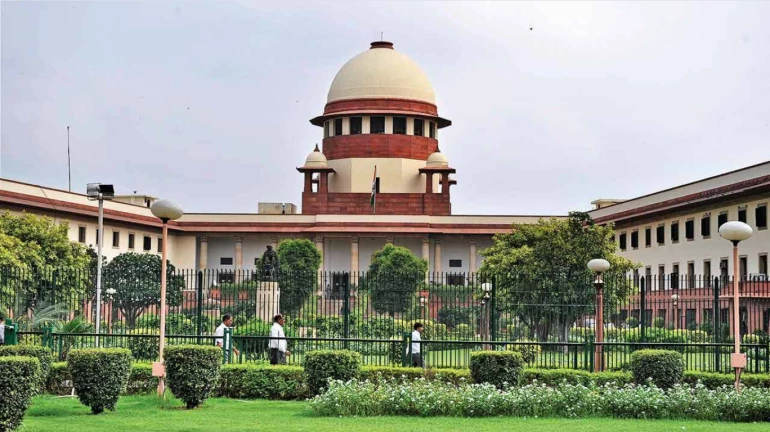
A Bombay High Court initiative to address excessive litigation by the Brihanmumbai Municipal Corporation (BMC) has been halted following a Supreme Court order. The directive, issued on July 25 by the high court, had called for the formation of a six-member committee under the leadership of retired Justice Gautam Patel. The panel was tasked with examining the causes of avoidable legal disputes generated by the civic body and recommending reforms to prevent the wastage of public funds.
The Supreme Court’s stay was granted after the civic body’s challenge to the high court’s directive was admitted. It was conveyed to the division bench of Justices GS Kulkarni and Arif Doctor that a special leave petition had been filed by the BMC against the July order.
The high court’s intervention had been prompted by a series of petitions concerning an under-construction 10-storey building in Dadar West. Despite the structure’s incomplete state, 12 shops located on the ground floor had been conducting business for more than 12 years without municipal clearance. This situation was described by the high court as evidence of a complete breakdown in municipal governance, with senior officials accused of disregarding the violations.
Legal action against the unauthorised occupants had been ordered, and strong criticism had been directed towards the BMC’s broader administrative approach. The corporation was identified as Mumbai’s largest litigant, with officials reportedly spending more time on legal matters than on their primary governance duties. This pattern, according to the court, had resulted in significant financial strain on taxpayers. Observations were made that advanced technology could have been used to create a more efficient, transparent, and citizen-friendly administration, thereby reducing the burden of litigation. The need for systemic reforms to curb the volume of civic cases was emphasised.
The committee, as originally envisaged, was to comprise Justice Patel, senior advocate Naushad Engineer, and four civic officials nominated by the municipal commissioner. Its mandate included a study of litigation trends across different wards and the identification of officers responsible for the generation of such disputes. With the Supreme Court’s stay now in place, the process of review and reform that was initiated by the high court will remain suspended until further orders are issued. The development has effectively paused what had been described as a crucial step towards improving governance efficiency in the city.





